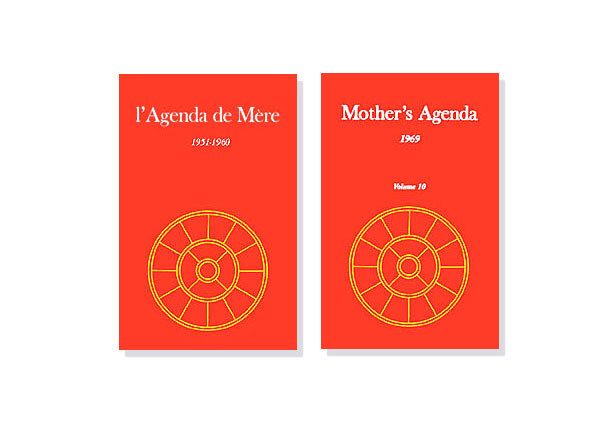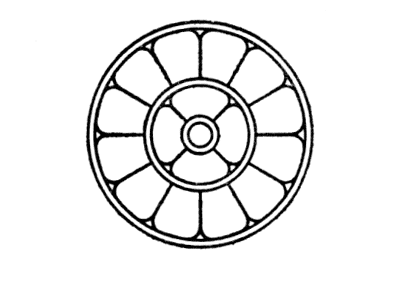Last updated:
Yoga of Love - Words of Wisdom

Sri Aurobindo
Bhakti and love are not quite the same thing, but love is one of the elements of bhakti. There are different kinds of bhakti and that which is of the nature of love is the strongest and is considered the highest, most intense and ecstatic of all. Also in love itself that form of it which is made of self-giving; surrender, absolute adoration, urge towards a selfless union is the true kind of bhakti that is love
Pg 356, Vol 29, CWSA
...worship is only the first step on the
path of devotion. Where external worship changes into the inner
adoration, real Bhakti begins; that deepens into the intensity of
divine love; that love leads to the joy of closeness in our relations
with theDivine; the joy of closeness passes into the bliss of union.
The aim of Yoga being union, its beginning
must always be a seeking after the Divine, a longing after
some kind of touch, closeness or possession. When this comes on
us, the adoration becomes always primarily an inner worship;
we begin to make ourselves a temple of the Divine, our thoughts
and feelings a constant prayer of aspiration and seeking, our
whole life an external service and worship.
Pg 572, Vol 23,24, CWSA
The Divine Love, unlike the human, is deep and vast and silent; one must become quiet and wide to be aware of it and reply to it.
Pg 345, Vol 29, CWSA
The Mother
For instance, love between human beings, in all its forms, the love of parents for children, of children for parents, of brothers and sisters, of friends and lovers, is all tainted with ignorance, selfishness and all the other defects which are man’s ordinary drawbacks; so instead of completely ceasing to love — which, besides, is very difficult as Sri Aurobindo says, which would simply dry up the heart and serve no end — one must learn how to love better: to love with devotion, with self-giving, self-abnegation, and to struggle, not against love itself, but against its distorted forms: against all forms of monopolising, of attachment, possessiveness, jealousy, and all the feelings which accompany these main movements. Not to want to possess, to dominate; and not to want to impose one’s will, one’s whims, one’s desires; not to want to take, to receive, but to give; not to insist on the other’s response, but be content with one’s own love; not to seek one’s personal interest and joy and the fulfilment of one’s personal desire, but to be satisfied with the giving of one’s love and affection; and not to ask for any response. Simply to be happy to love, nothing more. If you do that, you have taken a great stride forward and can, through this attitude, gradually advance farther in the feeling itself, and realise one day that love is not something personal, that love is a universal divine feeling which manifests through you more or less finely, but which in its essence is something divine.
19 Sep 1956, Pg 301, Vol 08, CWM
Love is not sexual intercourse. Love is not vital attraction and interchange. Love is not the heart's hunger for affection. Love is a mighty vibration coming straight from the One. And only the very pure and very strong are capable of receiving and manifesting it.
Then an explanation on what I mean by "pure," the very pure and very strong: To be pure is to be open only to the Supreme's influence, and to no other.
25 Sep 1963, Pg 217, Vol 02, Mother's Agenda
The best way to hasten the manifestation of the Divine’s Love is to collaborate for the triumph of the Truth.
21 Feb 1968, Pg 186, Vol 15, CWM
-

Industry, Commerce, Money and Economy - Words of Wisdom
-

Nature - Words of Wisdom
-

Health and Wellness - Words of Wisdom
-

Culture - Words of Wisdom
-

Architecture - Words of Wisdom
-

Yoga of Work - Words of Wisdom
-
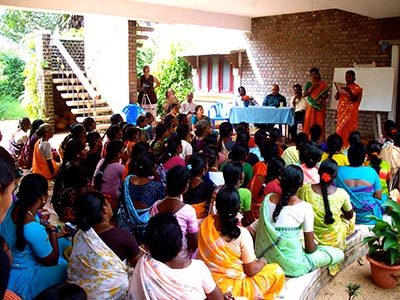
Social Work - Words of Wisdom
-

Education - Words of Wisdom
-

Marriage and Relationship - Words of Wisdom
-

Yoga of Knowledge - Words of Wisdom
-

Significance of Birthdays - Birth of the Soul
-
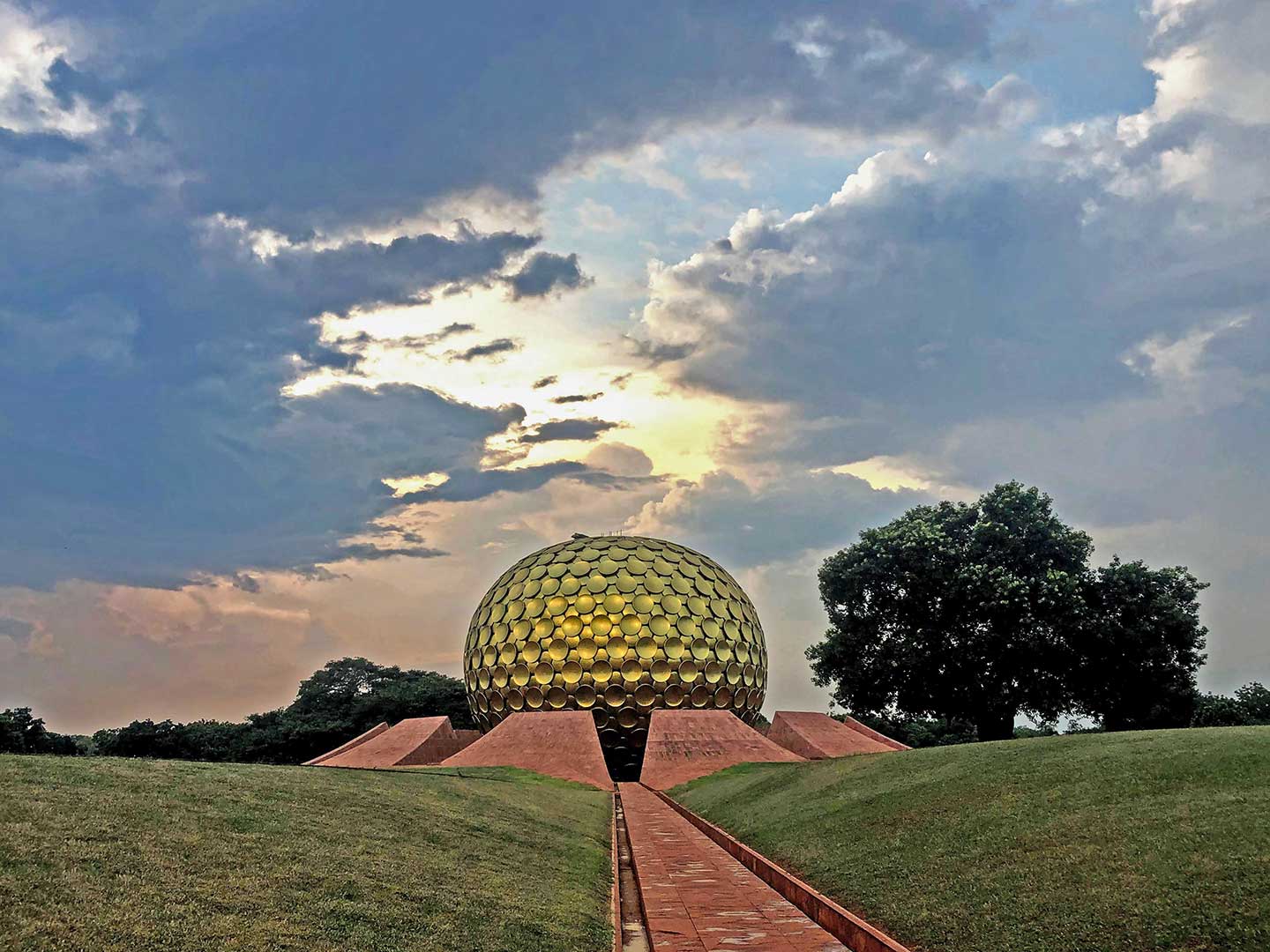
Beyond Religion - Words of Wisdom
-

Art - Words of Wisdom
-

On Influenza & Epidemics - Words of Wisdom
-
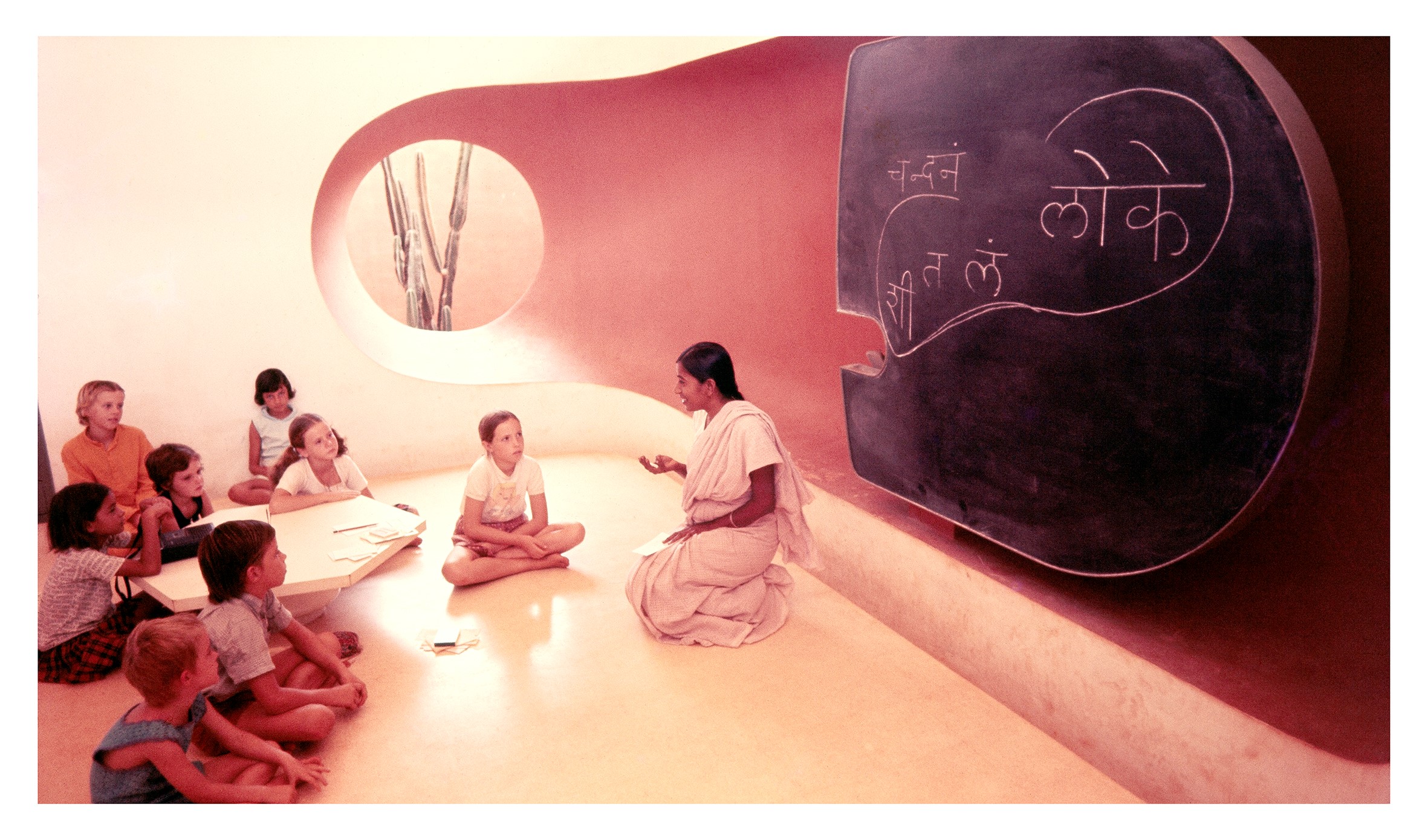
Ideal Child
